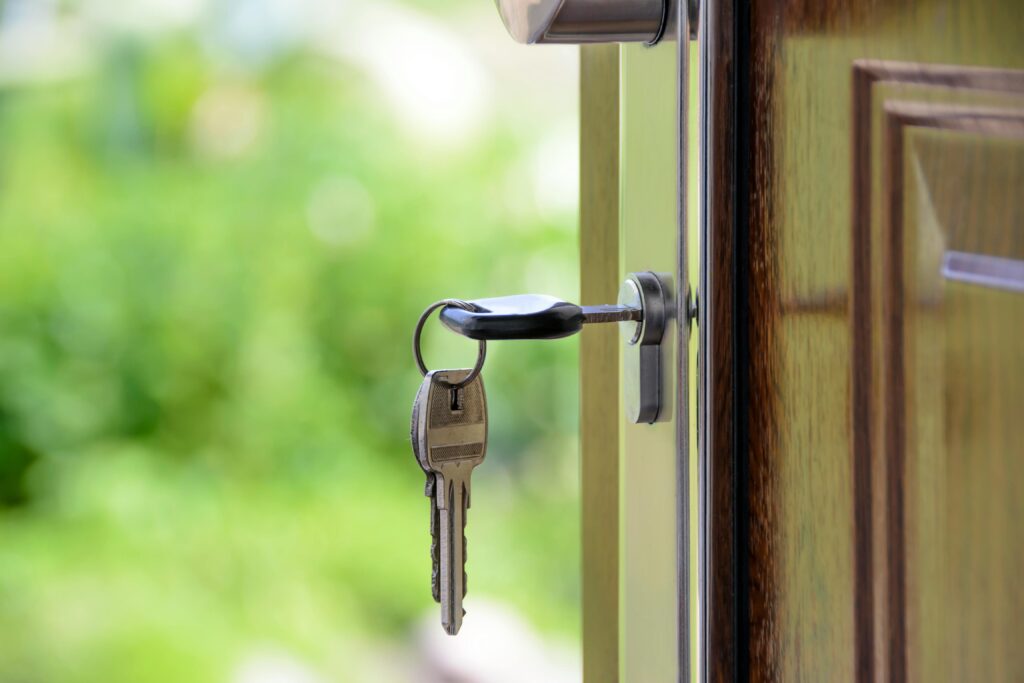Divorce is not for the faint of heart. It’s a challenging experience to navigate, full of many decisions to be made — including where you’re going to live when everything is said and done. Starting over doesn’t always mean you have to immediately get a new mortgage after divorce. While buying a house after your divorce is finalized may be on the list of your to-dos, it helps to consider all your options before you move forward with your real estate needs. Learn more about navigating your post-divorce living situation.
Tips for Navigating Mortgage After Divorce
One of your biggest concerns may be about where you’re going to live after your divorce. You currently may have a shared mortgage with your spouse or could be considering purchasing a house before the divorce is finalized.
Before you decide which path is best for your home needs, take some time to think about your situation and some common post-divorce living scenarios.
Buying a house after divorce
Your first reaction to splitting up may be to secure a new home right away. While it’s tempting to try to buy a house before your divorce is final, it may not be the best path forward. Since your situation is still being settled, there is a higher likelihood of being denied for a mortgage. A lender considering your loan will look at the pending financial implications and not confidently know where you’ll stand after your divorce is done.
If you have cash, however, and could afford to purchase a home on your own, purchasing a home before your divorce is finalized is an option. It’s also an option to buy a house after divorce — there are some personal factors you may need to consider first.

Refinancing a house after divorce
Refinancing your current home is a common consideration during divorce proceedings. Often, your spouse and you are both on the mortgage and one of you would like to keep the house. The only way to remove a person from the mortgage is through refinancing. In this situation, the spousal partner would need to secure a refinance in the full amount left on the mortgage to essentially “buy out” the other partner. If this is not possible, another viable option is to both remain on the mortgage and work out a payment schedule for the life of the loan.
It’s worth discussing this with a lender to see what your options are. If you’ve lived in your home for a long time, your loan balance is likely lower than when you first purchased and if you can find a comparable rate, you may be able to qualify for an affordable mortgage.
Renting a house after divorce
For many, renting a home or apartment after a divorce is an easy option that may offer space to reflect on your next steps. While divorce doesn’t always impact your credit score, often there is a change to your financial status or sudden debts that you have to co-pay on that weren’t part of your financial portfolio before. There are also possibilities that dissolving your partnership also meant bills went unpaid or were late, or you’re in a lower financial bracket than you were before.
Additionally, the stress of divorce can make it challenging to determine what is the best next step for you in your life. Starting over can often include taking a pause to determine what you want to do next in your life and with your finances. While it may seem like purchasing a home is the logical next step, you may have to wait to rebuild your credit, finances, and confidence in your independence before attempting to get a mortgage after divorce.



